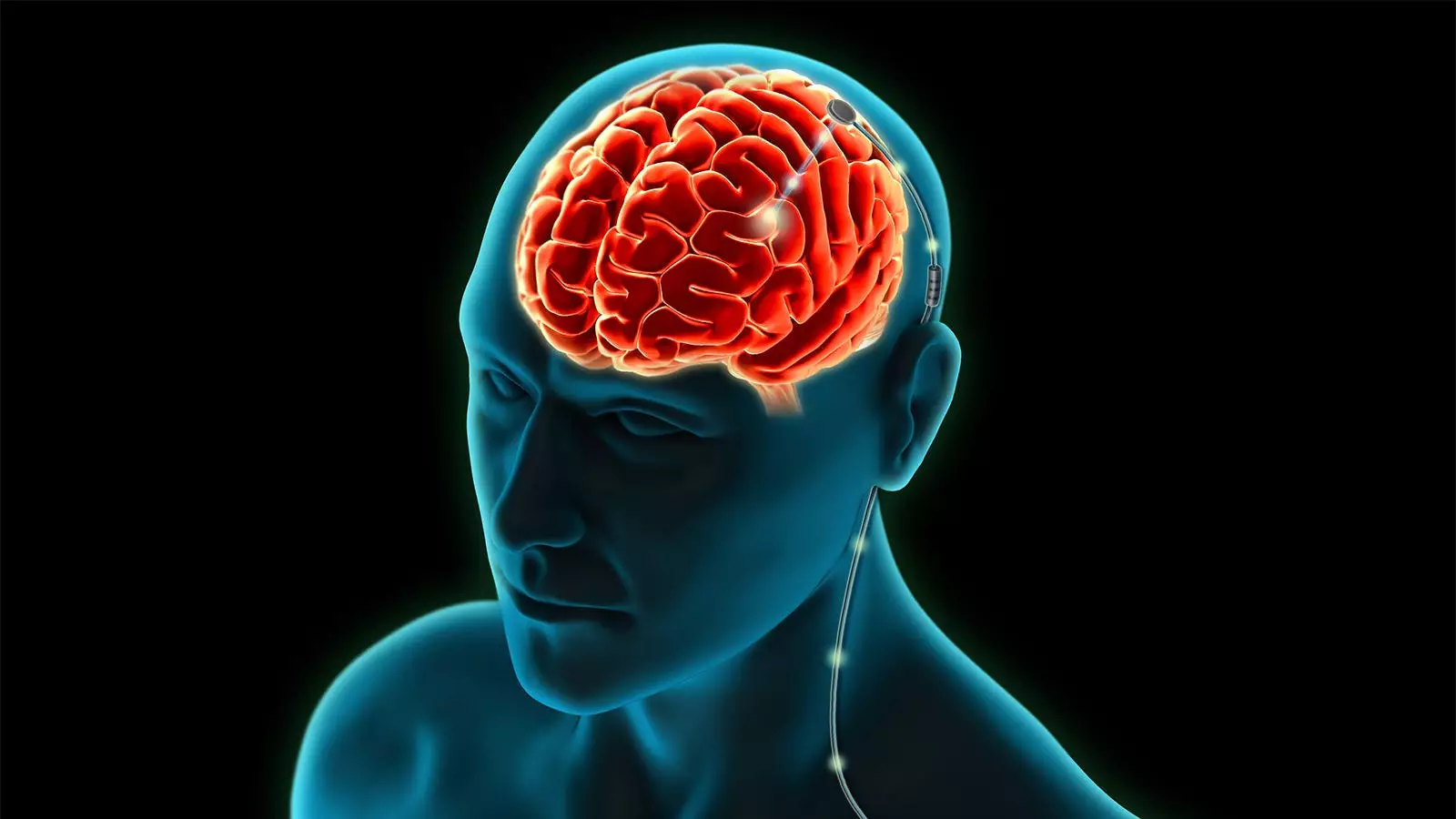Adaptive deep-brain stimulation (DBS) has shown promising results in improving motor symptoms in patients with Parkinson’s disease. A recent pilot study conducted by researchers at the University of California San Francisco demonstrated that personalized neural signals can significantly reduce the duration of symptoms by approximately 50% compared to conventional DBS. This innovative approach holds great potential for revolutionizing the treatment of Parkinson’s disease and enhancing the quality of life for patients.
The study involved four patients with Parkinson’s disease who underwent adaptive DBS using personalized neural signals. The patients reported a notable improvement in their most bothersome symptoms, which included involuntary movements and difficulty initiating movement. Adaptive DBS not only reduced the duration of these symptoms but also enhanced the patients’ overall quality of life. The effects of adaptive DBS were found to be stable over time, indicating its long-term benefits for Parkinson’s patients.
Conventional DBS typically delivers constant stimulation parameters and lacks responsiveness to changes in a patient’s symptoms. In contrast, adaptive DBS monitors Parkinson’s symptoms in real-time and adjusts the level of stimulation accordingly to prevent symptoms from occurring. This personalized approach marks a significant advancement in DBS technology and holds promise for improving individual patient outcomes.
While the results of the pilot study are promising, the small sample size and early stage of the research indicate the need for larger clinical trials. Further studies are essential to evaluate the effectiveness of personalized adaptive neurostimulation in Parkinson’s and other neurologic disorders. The scalability of adaptive DBS will depend on automating sensing and stimulation algorithms, as well as incorporating data from wearables and patient-reported symptoms.
One of the key challenges facing DBS treatment is access for patients and physicians. Access to specialized training for programming DBS devices is crucial for optimizing patient outcomes. As the field of DBS continues to evolve, there is a need for further research and development to expand the reach of personalized adaptive neurostimulation to a broader patient population.
Adaptive deep-brain stimulation using personalized neural signals shows great promise in improving motor symptoms in patients with Parkinson’s disease. The results of the pilot study pave the way for larger clinical trials to evaluate the efficacy of adaptive DBS in treating Parkinson’s and other neurologic disorders. By harnessing the power of personalized treatment approaches, we can enhance the quality of life for individuals living with Parkinson’s disease and transform the future of DBS therapy.

Leave a Reply